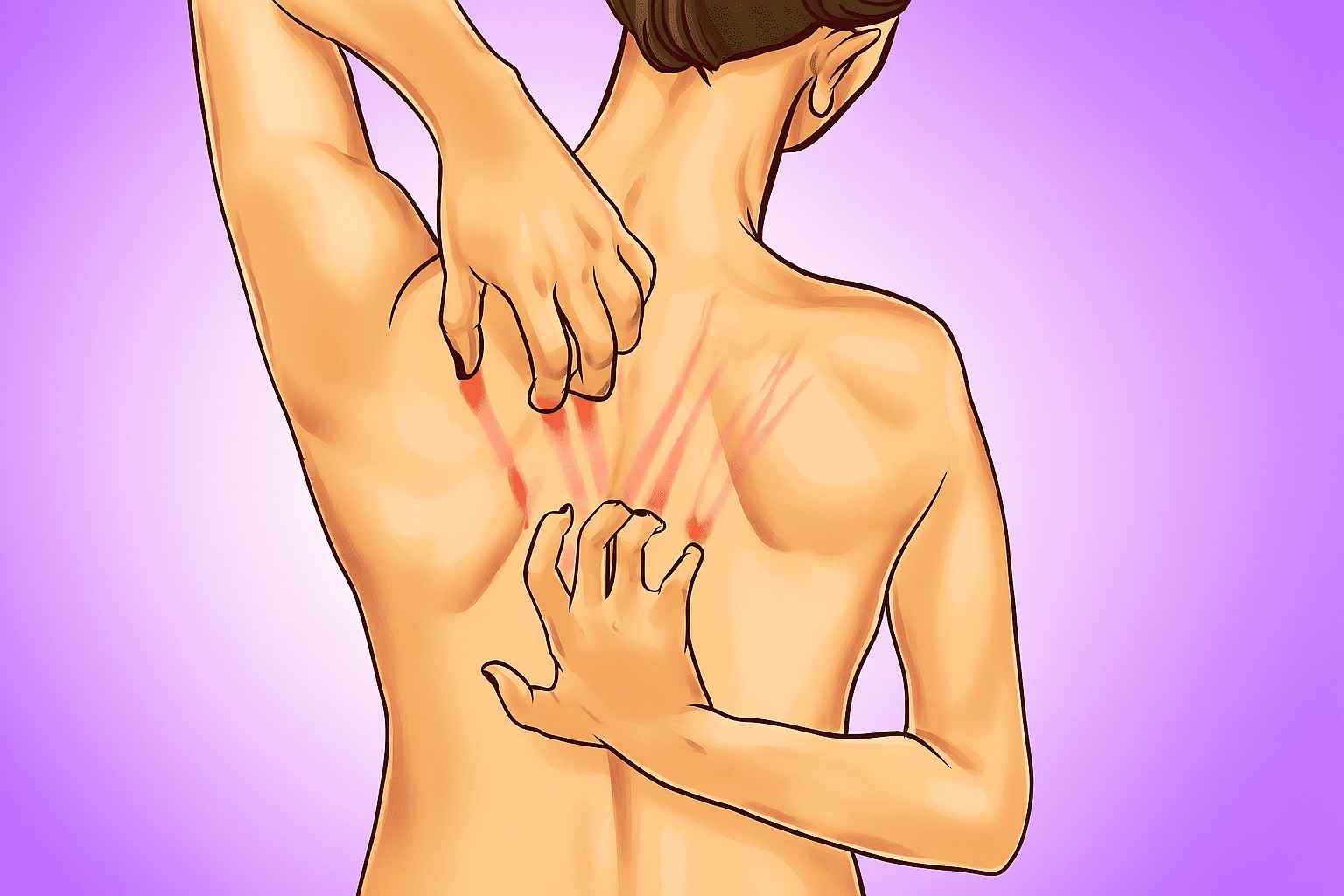Our bodies are incredibly intelligent. They often send out warning signs when something inside isn’t functioning the way it should. Unfortunately, many of us tend to ignore these signs, brushing them off as stress, fatigue, or “just part of getting older.” While not every symptom means something serious, some physical changes can point to underlying health issues that require medical attention.
The earlier a problem is discovered, the more likely it can be treated effectively. That’s why it’s so important to stay in tune with your body and take action when something feels off. Here are ten body signals that should never be ignored, especially if they persist or worsen over time.
1. Unexplained Weight Loss
Losing weight without trying might sound like a dream come true to some, but if you notice your clothes getting looser and the number on the scale dropping without any changes in your diet or physical activity, it’s time to pay attention. Sudden, unexplained weight loss can be a sign of serious conditions such as diabetes, hyperthyroidism, or even certain cancers. It may also indicate issues with digestion, the liver, or the absorption of nutrients. If you lose more than 5 to 10 percent of your body weight in a short period without effort, consult a healthcare provider.
2. Persistent Fatigue
We all feel tired now and then, especially after a long day or poor sleep. But if you find yourself constantly drained, even after getting enough rest, it could be more than just being overworked. Ongoing fatigue can be a symptom of anemia, chronic fatigue syndrome, thyroid imbalances, depression, or even heart disease. Your body may be struggling to get enough oxygen or energy, and this sluggishness may be its way of asking for help.
3. Severe or Persistent Headaches
Most headaches go away with a little rest, hydration, or over-the-counter medication. But when a headache becomes unusually intense, lasts for several days, or is accompanied by other symptoms such as blurred vision, confusion, or nausea, it could signal something more serious. Conditions such as high blood pressure, migraines, or even brain tumors and aneurysms can cause headaches that demand medical attention. Don’t wait until the pain becomes unbearable; early evaluation could prevent complications.
4. Chest Pain or Tightness
Chest discomfort is one of the most well-known warning signs of a heart attack, yet many people still choose to ignore it. Any tightness, burning, or sharp pain in the chest, especially if it spreads to your arm, jaw, or back, or if it’s accompanied by shortness of breath or sweating, should be treated as an emergency. Don’t assume it’s just heartburn or anxiety. Call for help immediately, it could save your life.
5. Shortness of Breath
Feeling winded after climbing stairs or doing light activity may seem normal to some, but difficulty breathing should always raise concern. It might point to lung problems such as asthma or chronic obstructive pulmonary disease (COPD), or it could indicate heart disease, anemia, or even anxiety disorders. Shortness of breath without physical exertion should never be ignored, especially if it worsens with time.
6. Changes in Bowel Habits
Everyone experiences digestive issues from time to time, but persistent changes in bowel habits could signal a deeper problem. Frequent constipation, diarrhea, or any noticeable shift in the frequency or consistency of your stool may point to gastrointestinal disorders, irritable bowel syndrome, infections, or even colon cancer. Blood in your stool, whether bright red or dark and tarry, should be taken seriously and checked by a doctor right away.
7. Unusual Bleeding
Bleeding that occurs without injury or seems excessive can be a sign of internal issues. This includes bleeding from the gums, nose, or reproductive organs, especially if it becomes frequent or heavy. Women should watch for irregular bleeding between periods or after menopause, while anyone noticing easy bruising or prolonged bleeding from small cuts should be checked for blood clotting disorders or low platelet counts.
8. Lumps or Swelling
If you discover a lump anywhere on your body, especially one that grows, hardens, or becomes painful, it’s important to get it evaluated. While many lumps are harmless cysts or swollen lymph nodes due to infection, some can indicate more serious conditions like breast, testicular, or lymphatic cancers. Regular self-examinations and early checkups are crucial in catching such problems before they spread.
9. Vision Changes
Your eyes can often reflect underlying health issues long before other parts of the body do. Blurred, double, or sudden loss of vision can be linked to eye diseases, diabetes-related complications, high blood pressure, or neurological disorders. Don’t dismiss these changes as “just getting older.” Quick action may preserve your vision and help diagnose problems early.
10. Persistent Fever
A fever is your body’s natural response to infection, but if it lingers for more than a few days or keeps returning without a clear reason, it may be a red flag. Persistent fever can indicate chronic infections, autoimmune diseases, or even certain cancers like lymphoma. A low-grade fever that continues without explanation deserves a closer look from a medical professional.
Final Thought
It’s easy to brush off small health issues, especially when life is busy or symptoms seem manageable. But your body is constantly talking to you, sending messages through discomfort, fatigue, and subtle changes. Paying attention to these signs could be the key to catching health problems early, when they are most treatable.
Listen closely. Trust your instincts. And when something feels wrong, don’t wait. Seeking medical advice could make all the difference—not just for your health, but for your life.
